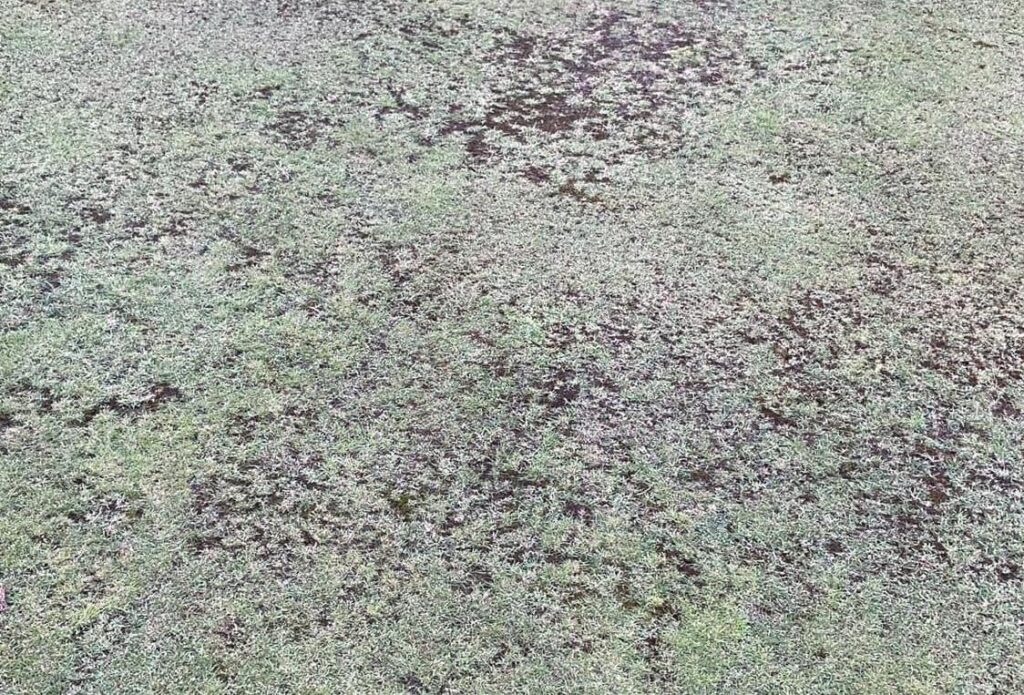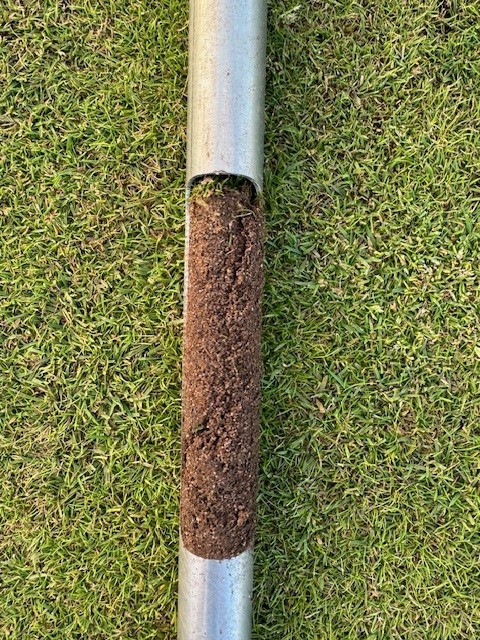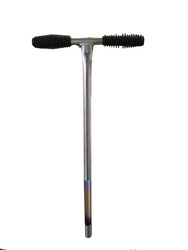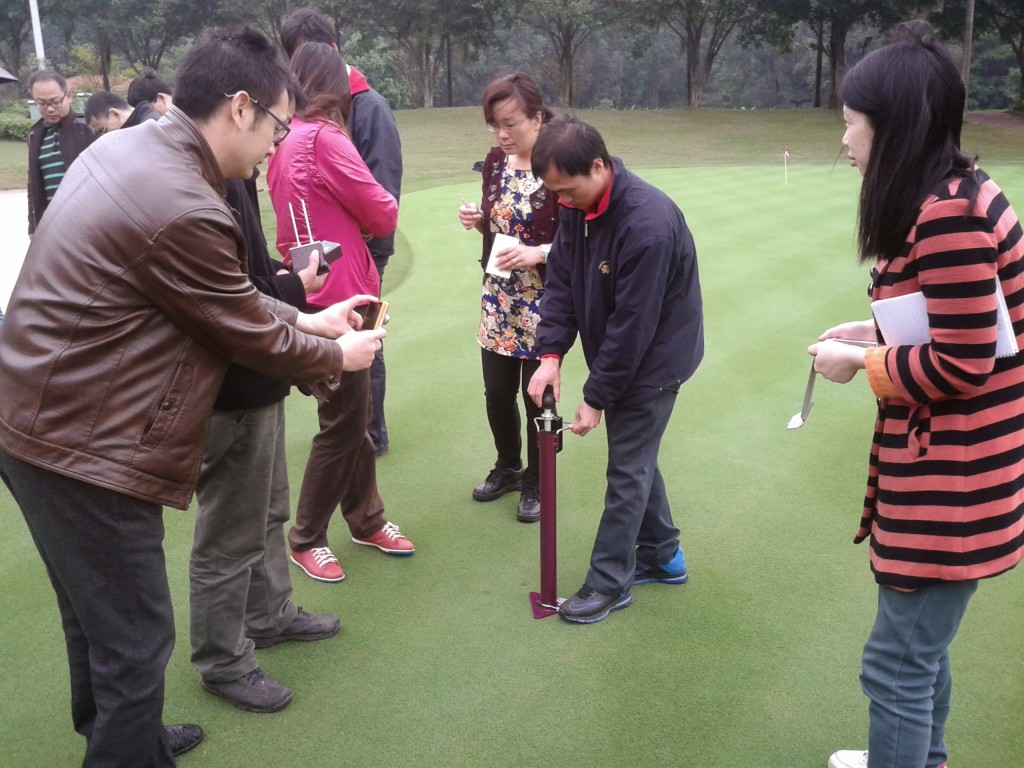Cure Localised Dry Patch on Greens with this step by step guide to dealing with hydrophobic soil in bowls greens.


Cure Localised Dry Patch on Greens with this step by step guide to dealing with hydrophobic soil in bowls greens.

Most clubs don’t need a miracle. They need a method.
Over the last few months I’ve been asked the same question again and again: “Where do we even start to fix this green?” So I’ve mapped out a simple, evidence led, three-step process that any club, on any budget, can follow to get back to a smooth, true, resilient surface.
Step 1 — Stand back and look properly.
Before you reach for a machine or a bag of anything, take stock. Walk the green. View it from height if you can. Note the bare patches, bumpy runs, wet/dry areas, moss and weeds. This first pass is about seeing the whole system, not chasing single symptoms. bowls-central.co.uk
Step 2 — Define the problems precisely.
Now get specific. Map the issues, measure them, and separate what’s cosmetic from what’s structural. Is it thatch or compaction? Drainage problem or hydrophobicity? Shade or nutrition? An accurate diagnosis stops you wasting money on “fixes” that don’t fix anything. bowls-central.co.uk
Step 3 — Gather hard evidence below the surface.
Take cores, photograph the soil profile, and check thatch depth, layering, rooting, smell (anaerobic?), and moisture…or lack of it. This tells you why the surface behaves as it does, and it informs a plan you can trust for the next 12 months. bowls-central.co.uk
That’s it!, observe, define, evidence. From there, the work becomes calmer, cheaper, and vastly more effective. You’ll know what to do, when to do it, and, crucially, what not to do.
Start with the walk-through and checklist in Fix Your Bowling Green: Step 1. It lays out exactly what to look for and how to capture it so the next steps are obvious. bowls-central.co.uk
If you’d like a second pair of eyes on your notes, photos and cores, you can always drop me a line, I’m happy to help you turn your findings into a simple, season-long plan.

Review your Bowls Central Soil Analysis Service experience and you could win a Soil Sampler

I have an online academy, hundreds of guides and I give unlimited free advice to anyone who’s prepared to put in the work. I’ve helped hundreds of volunteers, qualified and amateur greenkeepers, many starting from scratch, to achieve greens they never thought possible, and to gain the pride that comes with real skill and knowledge.
But lately I’m seeing more of a different kind of enquiry:

Your feedback helps fellow greenkeepers make informed choices — and it helps me continue to support the return to natural, chemical-free greenkeeping across the UK and beyond.
Here’s the bonus: every product review you leave enters you into my monthly prize draw to win a 1-litre bottle of BioActive Yucca — the top-selling natural wetting agent trusted by clubs nationwide.
That’s it — you’re automatically entered!
Why BioActive Yucca?
✔️ Breaks down hydrophobic soils naturally
✔️ Helps your green make the most of rainfall
✔️ Supports soil microbes, no chemicals and Certified Organic
✔️ £74.22 value — yours for free if you win
Thanks as always for supporting Bowls Central — and for championing natural greenkeeping.
Best regards,
John Quinn
www.bowls-central.co.uk
Winner will be announced on 1st September 2025. Look out for the September Prize Draw towards the end of August